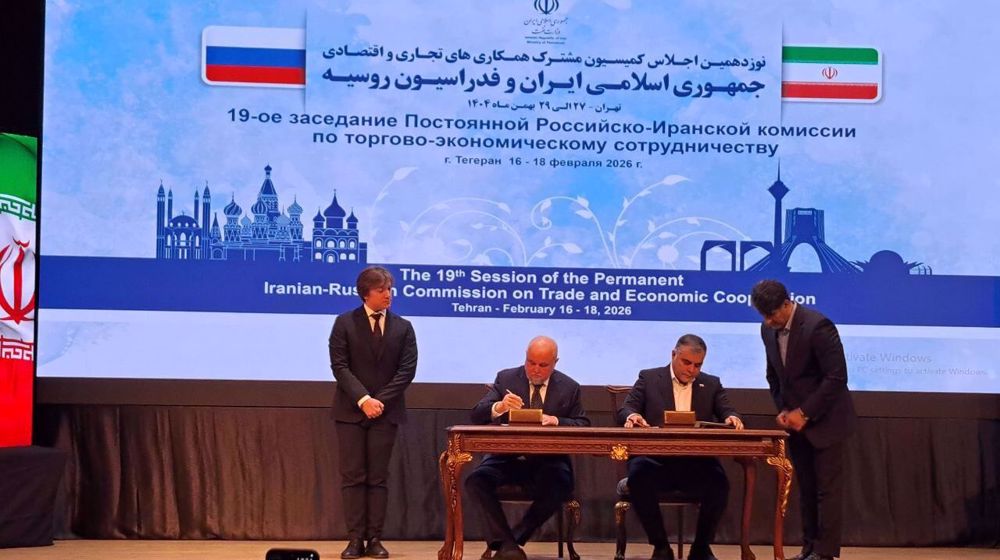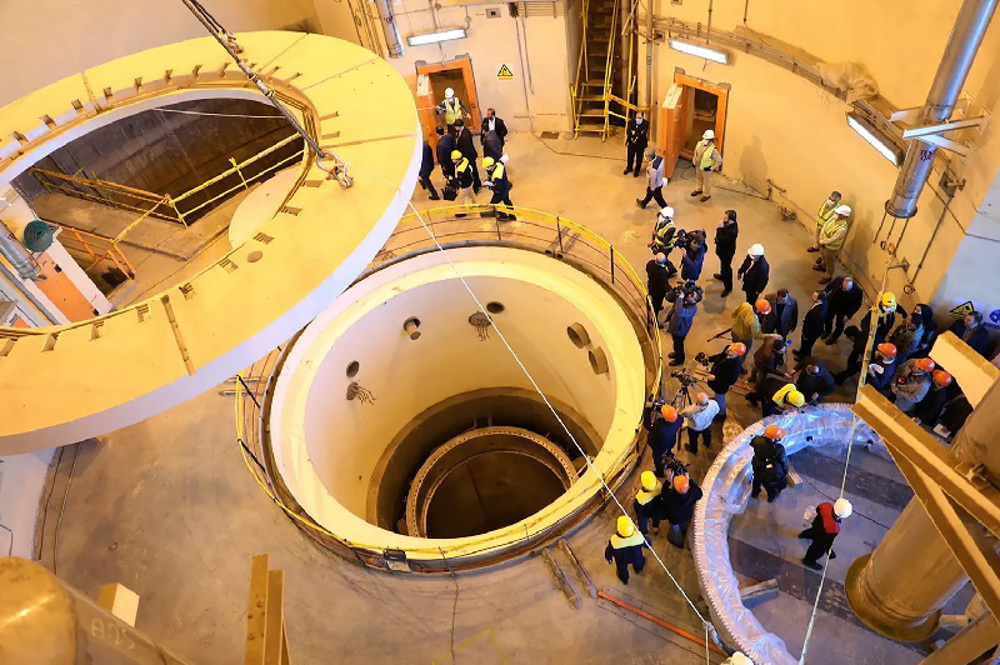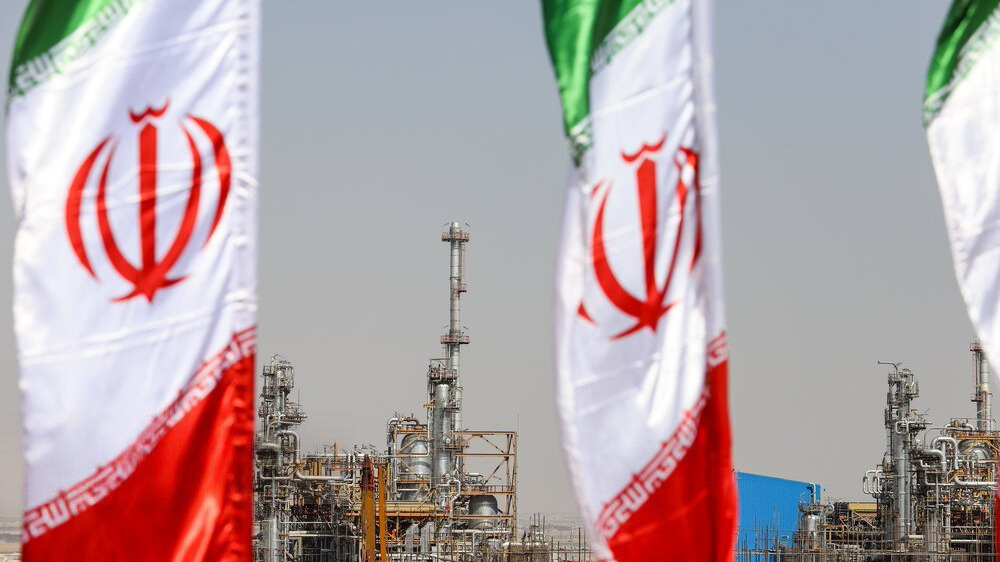Iran’s petrol price hike cuts fuel use by 20 million liters
Minister of Petroleum Bijan Zangeneh says the government’s introduction of petrol rationing and price hikes this month has cut gasoline consumption by about 20 million liters per day.
Zangeneh’s announcement Wednesday after attending a cabinet session came as media reports said more than 70 lawmakers had signed an impeachment motion against him.
In September, Zangeneh said Iranian gasoline production stood at 105 million liters per day, or around 660,000 barrels per day (bpd), while consumption was around 100,000 bpd.
Iran exported gasoline this year for the first time, but cheap pump prices have Iranian officials expecting new record demand at a time when the country is grappling with the most restrictive US sanctions.
The Islamic Republic provides some of the most heavily subsidized petrol in the world, with the pump price previously standing at just 10,000 rials (less than nine US cents) a liter.
According to director of corporate planning at the National Iranian Oil Refining and Distribution Company Alireza Arman Moghadam, the gasoline saved from the price hike is equivalent to three times the capacity of Tehran oil refinery or a 750,000-barrel capacity refinery.
Gasoline in Iran still remains among the cheapest in the world - only Venezuela’s and Sudan’s are lower - after the government raised pump prices by at least 50 percent this month.
Each driver with a fuel card will now have to pay 15,000 rials (13 US cents) per liter for the first 60 liters of petrol bought each month. Each additional liter will be charged at 30,000 rials.
Iran introduced fuel cards first in 2007 as part of its subsidy reform program and its bid to curb huge smuggling - estimated at around 10 to 20 million liters per day - to neighboring countries where pump prices are far higher.
The government has said not a single rial of this price hike will go to the treasury and that the proceeds accrued will be used to help about 60 million Iranians in need.
The decision is part of Iran’s belt-tightening in the face of US sanctions which have hit ordinary Iranians the hardest.
For years, Iran used to import part of its growing need for gasoline despite being a major oil producer. Those imports became the country’s strategic vulnerability at the time of sanctions.
Earlier this year, the Islamic Republic hit a milestone of 100 million liters per day in gasoline production, making the country self-sufficient in the fuel for the first time.
However, the government’s overnight decision this month to raise prices at pumps caught many Iranians off guard. Even, lawmakers were not informed, leaving many of them flabbergasted.
They are now intent on holding the government’s feet to the fire and Zangeneh is reportedly on thin ice.
According to parliamentary news service ICANA, parliament has received an impeachment motion against the petroleum minister, with 72 lawmakers signing on as of Tuesday.
“The lawmakers are opposed to the manner the gasoline price hike was implemented,” online news website Mashreq reported.
MP Ahmad Amirabadi-Farahani said the impeachment revolves around nine topics, including “lack of honesty with people regarding the announcement of gasoline price”.
Zangeneh was grilled by the Iranian parliament's energy committee on Tuesday and is about to face the panel again on December 8.
If he fails convince the lawmakers, the committee may advance the impeachment motion to the entire 290-member parliament and oust him from office.
Iran’s layered arsenal primed to deter – and decimate – US warships in Persian Gulf
Iranian commander dismisses US military buildup in West Asia as ‘theatrical gesture’
Trump ‘curious’ why Iran hasn’t ‘capitulated’ despite massive US military buildup: Witkoff
Hawkish US senator pushes Trump to ignore aides, press ahead with war against Iran
Far-right, anti-Islam protest sparks counter-protests in Manchester
Press TV's news headlines
Sudan’s mining sector suffers $7 billion loss amid ongoing civil war
Ansarullah slams Israel’s massacre in east Lebanon, urges unified Arab action











 This makes it easy to access the Press TV website
This makes it easy to access the Press TV website